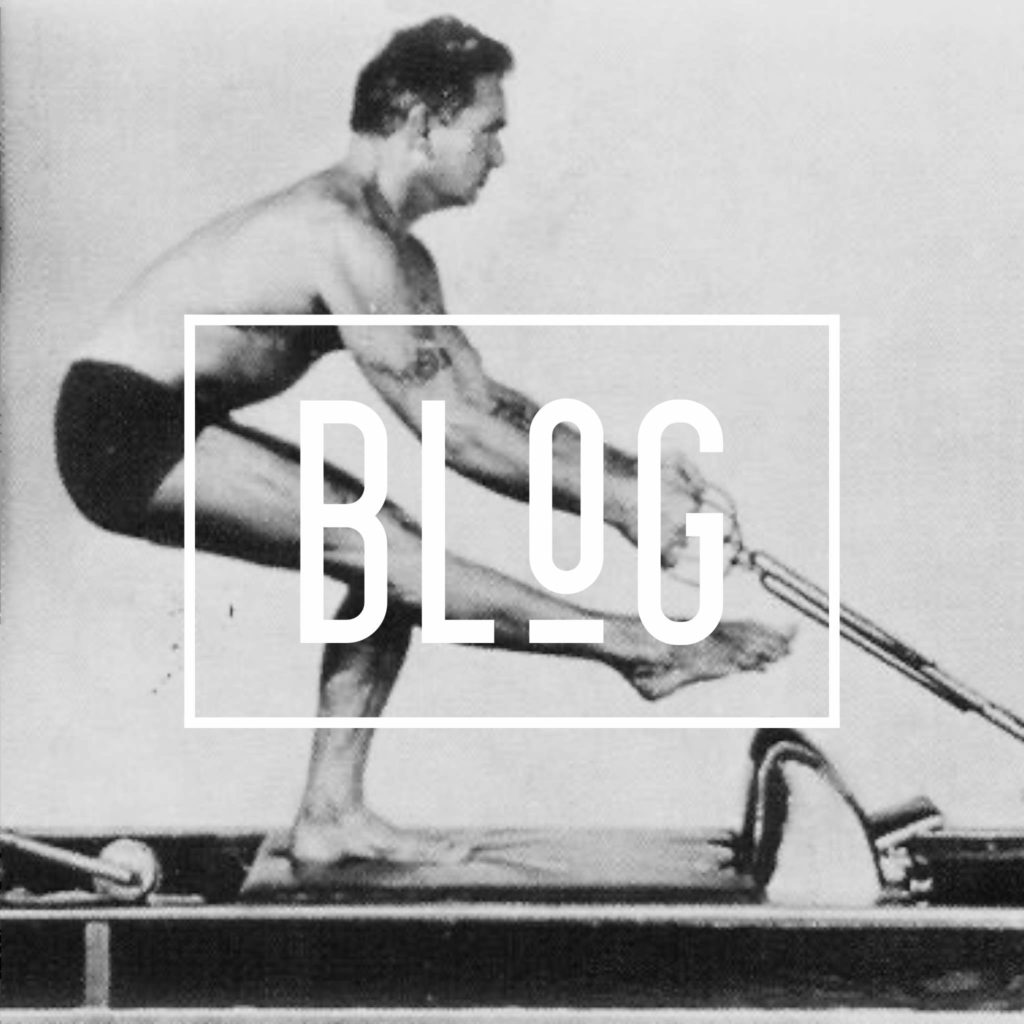In the ever-evolving landscape of fitness trends, Pilates has managed to withstand the test of time. Originating in the early 20th century, Joseph Pilates developed this exercise method with a holistic approach to promote physical and mental well-being. However, as modern classes adapt and modify Pilates to suit contemporary fitness needs, there is a growing debate about whether traditional Pilates or its modern iterations are more beneficial. To quote Jay Grimes in a recent article “The problem with Pilates getting hip these days, and becoming so widespread since a certification came into place, is that instructors are giving twists to the exercise so that they can stand out among the crowd” (AsiaOne, 2023). In this blog post, we’ll delve into the timeless benefits of traditional Pilates and argue why it holds a unique edge over the modern class variations.
One of the fundamental distinctions between traditional and modern Pilates lies in the approach to movement. Traditional Pilates emphasises the principles of concentration, control, centering, precision, breath, and flow. These principles are the essence of Joseph Pilates’ original teachings, aiming to create a mind-body connection that fosters overall well-being. In contrast, modern class Pilates often places more emphasis on quick, high-intensity movements that might compromise the precision and control essential to the Pilates method.
Traditional Pilates is renowned for its focus on core strength and stability. The exercises are designed to engage and strengthen the deep core muscles, including the abdominals, obliques, and lower back. This emphasis on core strength not only improves posture but also contributes to better overall body alignment. In traditional Pilates, each movement is executed with a deliberate and controlled pace, allowing individuals to connect with their core muscles and build strength from the inside out. This mindful approach to movement is often sacrificed in modern class Pilates, where speed and repetitions may take precedence over precision.
Furthermore, traditional Pilates incorporates a variety of equipment such as the reformer, Cadillac, and barrel, designed by Joseph Pilates himself. These apparatuses provide resistance and support, allowing for a diverse range of exercises that target different muscle groups. The equipment facilitates a more nuanced and tailored approach to individual needs and abilities. In contrast, modern class Pilates often relies on one piece of apparatus solely, Reformer or Mat and minimal props, limiting the variety and adaptability of exercises.
In terms of mental well-being, traditional Pilates shines through its emphasis on breath and mindfulness. The intentional focus on breath during each movement encourages individuals to cultivate a heightened awareness of their bodies. This mindful breathing not only enhances the efficiency of the exercises but also promotes relaxation and stress reduction. In the hustle and bustle of modern life, the mental benefits of traditional Pilates are increasingly relevant.
While modern class Pilates may offer convenience and a faster-paced workout, it may lack the depth and holistic approach found in traditional Pilates. The original principles and methods developed by Joseph Pilates have endured for a reason, standing as a testament to their efficacy. Embracing the essence of traditional Pilates, with its focus on precision, control, and mindfulness, can provide individuals with a more profound and lasting impact on their physical and mental well-being. As fitness enthusiasts navigate the myriad options available, considering the timeless benefits of traditional Pilates is a journey towards a healthier, more balanced lifestyle.
A fancy name, a fancy machine and ultra modern fancy lighting don’t necessarily mean it is a good class or a life-changing experience.
- Is your teacher trained in all equipment?
- Do they know the Pilates principles by heart?
- Do they know how they can change someone’s life?
Perhaps these are some of the right questions to ask when looking for a Pilates instructor or class. At Mindful Pilates all of our trainers are certified Pilates instructors who strive to uphold the traditional methods taught by Joseph Pilates.
You can learn more about our team on our website and book a class with us today.

